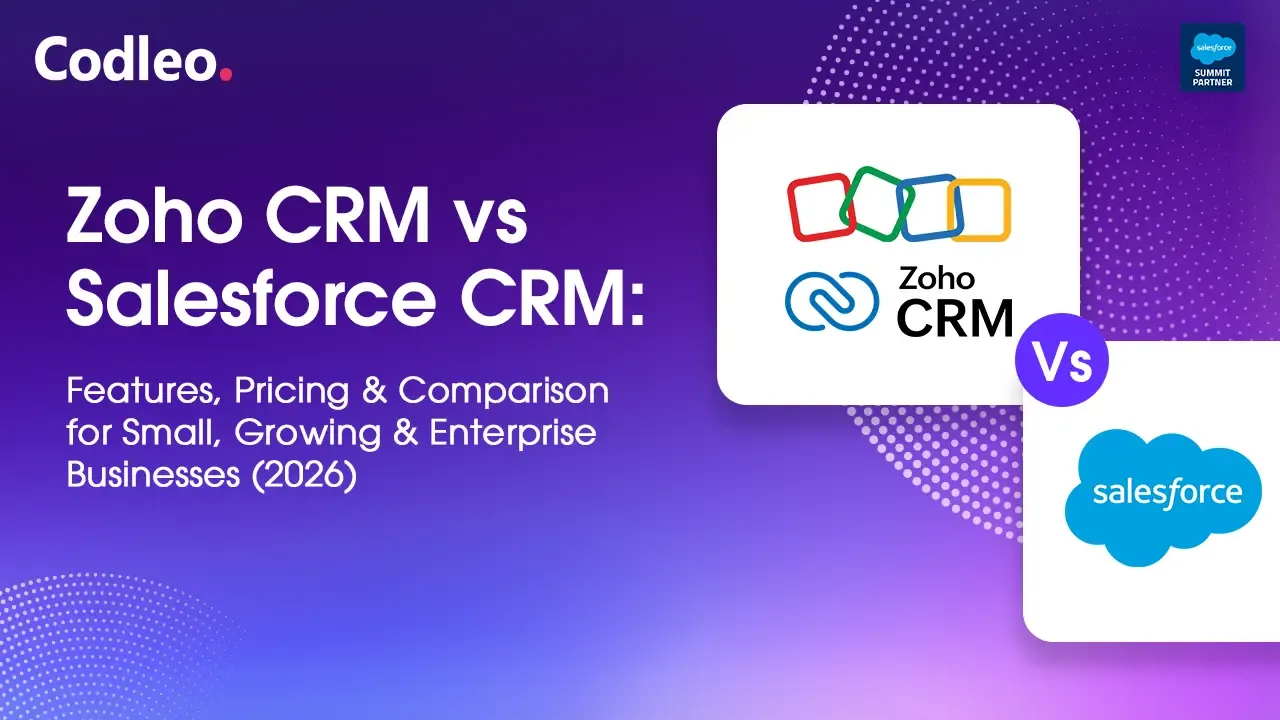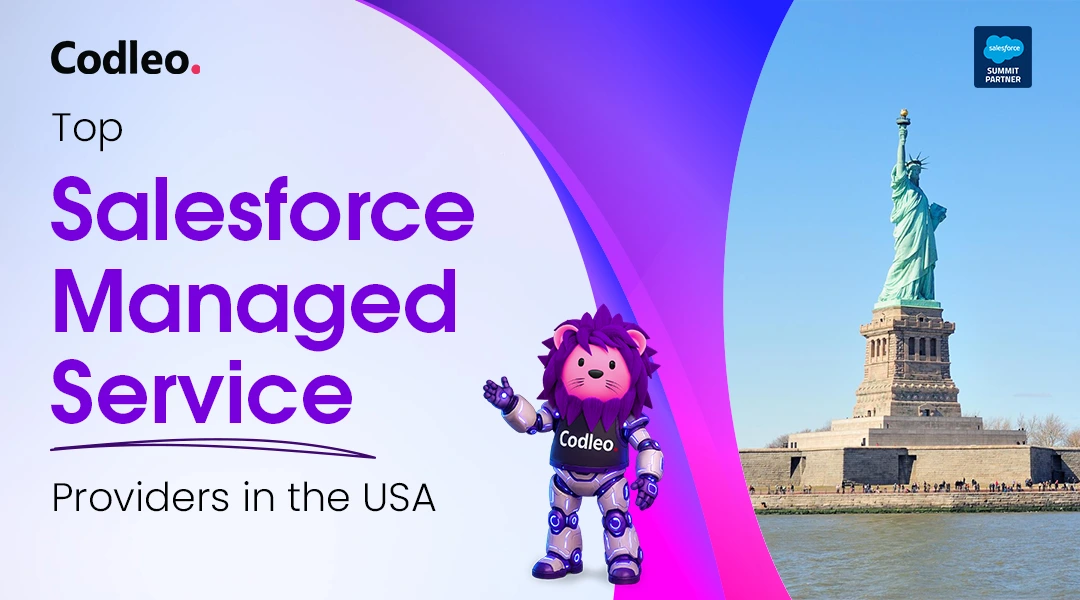
4 ESG REPORTING MISSES TO LOOK OUT FOR

“Sustainable development is the development that meets the needs of the present without compromising the ability of future generations to meet their own needs.” - Gro Harlem Brundtland, former Prime Minister of Norway
As new environmental, social, and governance (ESG) policies come into force globally, businesses such as Salesforce companies must ensure that their sustainability policies and efforts pass muster. For businesses patting themselves on their back thinking that they have ESG compliance covered, taking a detailed view of the efforts enables Salesforce companies to remain on top of this game as policies and stakeholder expectations evolve with time. Below are 4 pointers that tend to be overlooked by Salesforce companies while creating their ESG strategy.
Here are the four blind spots Salesforce companies need to be on the lookout for always:
-
Lack of awareness that the company is not covered by rules & regulations of other countries etc. For example, CSRD is a European mandate, but its repercussions can be felt beyond the union’s borders. Businesses such as Salesforce companies that operate globally will be impacted whether they are based in Europe or not. CSRD impacts MNC businesses with subsidiaries in the union. Even if Salesforce companies are located in India or Australia, everyone is subject to rules. Businesses that focus on enhancing ESG metrics and work hard to enhance the metrics are preferred as partners, if businesses are diligent with their ESG metrics reporting, stakeholders can have an easier time choosing between different companies to deal with. This makes ESG results a big factor in the difference between failure and success for Salesforce companies.
-
Lack of an ESG strategy. ESG is more than just reporting. Many companies overlook this effective & important emissions lowering plan. This is a difficult task, and includes tough changes to supply chain, product, and client engagement strategies. Environmental engineers & NGOs follow the important mantra of reduction followed by recycling, ending with reuse. In the realm of “carbon emissions” reduction — how does a company put reduction at the start and not in the last in terms of strategy?
-
Ignoring indirect carbon emissions. A company’s metrics reveal the direct impact of its working, but it’s not the holistic picture. A large chunk of a company’s environmental footprint comes from indirect carbon footprint/ emissions. This is unfortunately being overlooked despite being important in ESG compliance. There are many factors at stake here, such as business growth, modifications in the internal strategy, and presence of vendors etc in your value chain. These variables prove to be a dampener for Salesforce companies seeking to be ESG compliant.
-
Delay in creating a sustainable company. Building a more sustainable company does not happen on its own, it needs strategic planning & a visionary mindset. ESG strategies should cover the business end to end, with sustainability being a key ask in every action and mindset. To be impactful in the years to come, Salesforce companies s will need to take tough and challenging measures. It means more investment and changes. The future of the planet is now and we can’t delay our individual responsibility.
Latest Blog
Say "hello" to us and lets gets talking
Partner with the best team in the world for your CRM or other digital needs.
Contact Us




